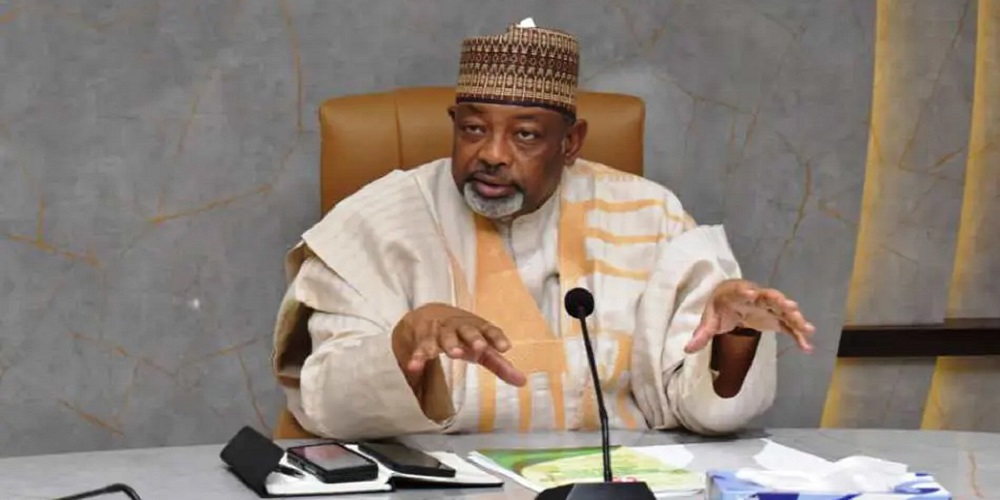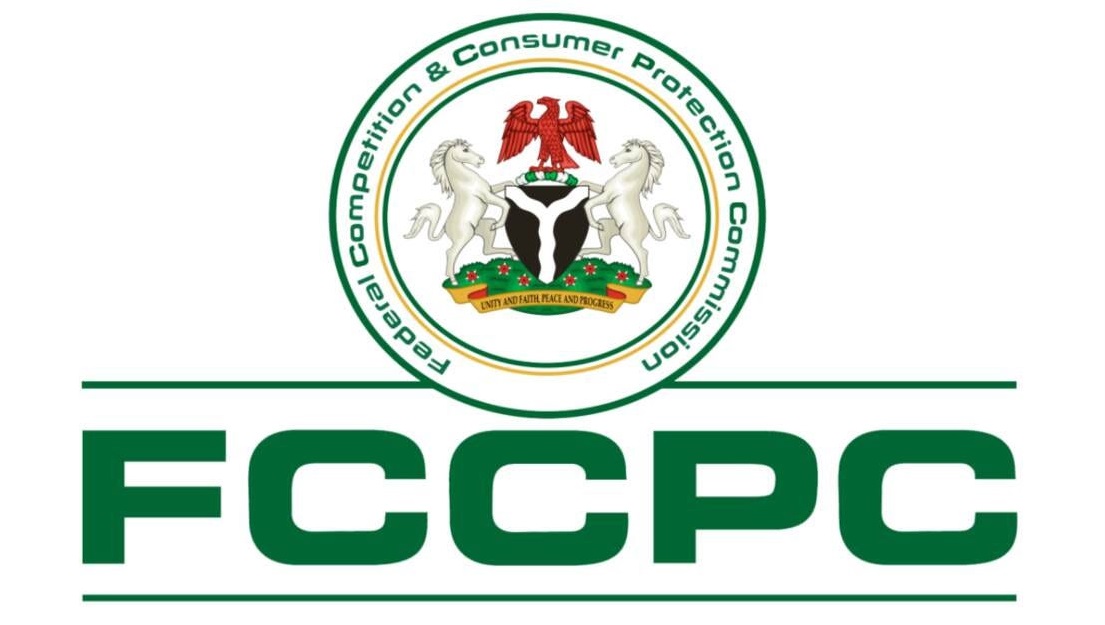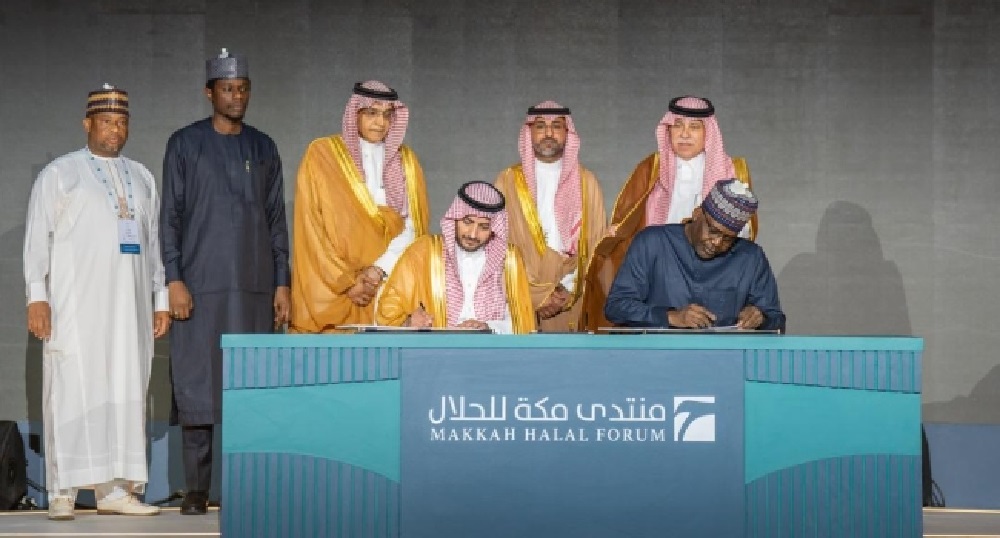News
FG extends rice subsidy programme to states

The Federal Government is expanding its subsidised rice programme to alleviate food insecurity in Nigeria, with sales set to launch in Lagos, Kano, and Borno states, a director at the Federal Ministry of Agriculture and Food Security stated on Monday.
Early in September, the Minister of Agriculture and Food Security, Abubakar Kyari, announced the launch of the N40,000 per 50kg subsidised rice in Abuja, stating that the initiative was part of a broader strategy to ensure that no Nigerian goes to bed hungry.
He said the subsidised rice programme aims to provide relief to citizens amid soaring market prices. The current market price of a 50kg bag of rice is about N90,000. It is close to N100,000 in some other locations.
The Federal Government is providing 30,000 metric tonnes of rice through the subsidised rice programme. This translates to approximately 1,000 trucks, each carrying 600 bags.
“As I speak with you now, we are going to activate Lagos and Kano states for the sales any moment from now. Borno State is also going to be addressed,” the agriculture ministry official, who spoke to our correspondent in confidence due to lack of authorisation to speak on the matter, stated on Monday.
Reacting to the recent claim that the rice sales in the Federal Capital Territory had been halted, the official said, “We have not even gone anywhere; how can we stop? The sales are ongoing, and we are actively engaging with other states.”
Another official at the ministry said civil servants in Abuja, particularly around the federal ministries have been benefiting from the sales of the subsidised rice.
The official, however, stated that there had been challenges with coordination and public cooperation at the National Agricultural Insurance Corporation centre where the rice was being sold.
“We opened the NAIC centre to see the cooperation of the public, but they proved very difficult to control,” the official explained.
The source added that individuals blocked entry and refused to follow sales protocols, complicating the process.
“Some persons came to sabotage the process to buy and take to the market, which frustrates the essence of the rice subsidy,” the official added.
Despite these challenges, the official remained optimistic about the programme’s impact, stating, “We are focused on ensuring that low-income earners, who are the direct beneficiaries, can access this vital resource.
“The government is committed to a smooth rollout in the aforementioned states, aiming to activate sales any moment from now.”
The source said the expansion is part of the government’s ongoing efforts to tackle food scarcity and support vulnerable populations nationwide, ensuring that essential staples are accessible and affordable for all Nigerians.
Nigerians have been grappling with increased hunger as food prices have skyrocketed, compounded by the naira’s declining strength, which affects citizens’ purchasing power.
According to the National Bureau of Statistics, the food inflation rate in August 2024 was 37.52 per cent year-on-year, up 8.18 percentage points from August 2023’s rate of 29.34 per cent.
Additionally, FMDQ Securities Exchange Limited reported on September 27, 2024, that the NAFEM closing rate was N1540.78/$, while it sold for over N1700/$ in some black markets in Abuja.
Meanwhile, the Minister of Finance and Coordinating Minister of the Economy, Wale Edun, speaking at a press conference in Abuja to mark the country’s 64th Independence Day, declared that the era of heavy food importation must end, positioning this shift as a cornerstone of the government’s economic recovery plan.
“We should not be importing food,” Edun stated, emphasising that Nigeria’s future lies in self-sufficiency. “It is critical that we do not disrupt domestic food production. We mustn’t flood the market with imports,” he warned.
News
FCCPC orders MultiChoice to suspend subscription hike

The Federal Competition and Consumer Protection Commission (FCCPC) has recommended that MultiChoice, a satellite pay TV company, delay its proposed subscription price increase and continue with the current pricing until the commission has completed its investigations.
In a statement made yesterday in Abuja by Ondaje Ijagwu, the Director of Corporate Affairs, the FCCPC noted that this recommendation followed MultiChoice Nigeria’s request for an extension regarding its forthcoming appearance before the commission.
While the FCCPC has granted the request, the company is now required to attend the rescheduled investigative hearing on March 6 along with all relevant officers to provide a comprehensive response.
Pursuant to this, MultiChoice is expressly instructed to maintain the existing price structure as of February 27, pending the commission’s review and final determination on the matter.
FCCPC noted that maintaining the status quo on pricing is essential to prevent any potential consumer harm during this period.
Further updates, according to the commission, will be provided as the investigation progresses.
News
Police recruitment: Medical screening underway at 17 Zonal headquarters

The Nigeria Police Force (NPF) has begun the medical screening for candidates in the ongoing recruitment of police constables for the 2022 exercise.
The screening, which began on February 26, will run until March 12 at designated centres in the 17 police zonal headquarters.
A statement yesterday in Abuja by Force Public Relations Officer (FPRO) Olumuyiwa Adejobi, an Assistant Commissioner of Police (ACP), said candidates who participated in the Computer-Based Test (CBT) conducted on March 5 and 6, last year, are advised to check their application status and print out their invitation slips via the recruitment portal: https://apply.policerecruitment.gov.ng.
Adejobi said: “Successful applicants from the first batch of the recruitment process have already been called up for training, while other candidates are urged to follow up on their application status.”
The statement reaffirmed the commitment of the NPF to a transparent and merit-based recruitment process, ensuring that only qualified candidates proceed to the next phase.
News
Nigeria, Saudi Arabia sign agreement to enhance $7.7trn halal economy

The Nigerian Government entered into a cooperation agreement with Saudi Arabia’s Halal Products Development Company (HPDC) on Wednesday, with the objective of establishing Nigeria as a prominent participant in the global halal market, currently valued at $7.7 trillion.
This agreement is expected to promote investment, enhance technical cooperation, and provide market access in essential sectors, including food production, pharmaceuticals, finance, and livestock for both countries.
At the signing ceremony at the Makkah Halal Forum in Saudi Arabia, Vice President Kashim Shettima remarked that this collaboration represents a pivotal opportunity to transform Nigeria into a powerhouse of the global halal economy.
Senator Shettima, who was represented by Deputy Chief of Staff to the President, (Office of the Vice President), Senator Ibrahim Hassan Hadejia in a statement by Stanley Nkwocha, the Vice President spokesman, said, “This collaboration is an important step in our ambition to not only tap into the lucrative halal market but to establish Nigeria as a leading global player.
“We are committed to leveraging this collaboration to create jobs, attract foreign investment, and diversify our economy in line with the Renewed Hope Agenda of President Bola Ahmed Tinubu.”
The agreement was executed with HPDC, a subsidiary of the Saudi Public Investment Fund, represented by its Chief Executive Officer, Fahad Alnuhait, in the presence of Saudi Arabia’s Minister of Commerce, Dr. Majid bin Abdullah Al-Qasabi; Chairman of the Makkah Halal Forum’s Organizing Committee, His Excellency Mr. Fawaz bin Talal Al-Harbi, and Chairman of Makkah Chamber of Commerce and Industry, His Excellency Mr. Abdullah bin Saleh Kamel.
Also speaking, Special Assistant to the President on Export Promotion, Aliyu Bunu Sheriff, said the partnership builds on Nigeria’s growing Islamic finance sector, which has seen success through Sukuk bonds for infrastructure financing and the establishment of Islamic banks like Jaiz Bank, Taj Bank, and Lotus Bank.
Sheriff explained that the Islamic Development Bank (IsDB) and the Arab Bank for Economic Development in Africa (BADEA) will support the initiative through capacity building, regulatory framework development, and financing opportunities.
“This agreement aligns perfectly with the Renewed Hope Agenda by creating new jobs, attracting foreign direct investment, and diversifying our economy.
“The halal economy extends beyond Muslim consumers. Non-Muslim majority countries like Brazil, Australia, and Thailand are already leveraging the sector for substantial export growth,” he said.
The Nigerian delegation also included the Chairman of Dar Al Halal Group, Alhaji Muhammadu Ladan Dikko; Chairman of the Board of Directors, Bank of Industry, Dr. Mansur Muhtar; Minister of Trade and Investment, Dr. Jumoke Oduwole who was represented by Ambassador Nura Rimi; Minister of Foreign Affairs, Ambassador Yusuf Tuggar, represented by Ambassador Mahmoud Lele, and R’representative of the Standard Organization of Nigeria, Hajiya Amina.
Others are the Chairman, Nigeria-Saudi Chamber of Commerce, Engr. Ibrahim Usman; Minister of Finance, Mr. Wale Edun, represented by Nur Muftau Baba Ahmed; CEO of Nigeria Export Promotion Council, Mrs. Nonye Aneyi, represented by Mustapha Aminu; Deputy President of NACCIMA, Alhaji Jani Ibrahim, and Managing Director of Bank of Industry, Mr. Olasupo Olusi, represented by Mrs. Jelilat Ismaila-Ayinde.
VP Shettima had during the Halal Economy Stakeholders Engagement Programme held at the Banquet Hall of the Presidential Villa, Abuja, in September last year emphasized the economic potential of the sector, noting that “increasing Nigeria’s halal exports to OIC markets from two percent to six percent could boost the country’s GDP by $540 million, while strategic import substitution could add nearly $1 billion by 2027.
-

 News22 hours ago
News22 hours agoJust in: Police restore Obasa’s security details, withdraw Meranda’s as ex-Lagos speaker set for return
-

 News21 hours ago
News21 hours agoDay 3: Retired Nigerian police officers continue protest on Police Bills(Photos)
-

 News18 hours ago
News18 hours agoJUST IN: ‘I’m in charge now, I remain Speaker’ – Obasa takes over LSHA complex
-

 News16 hours ago
News16 hours agoIt’s absolutely necessary to establish FMC Gembu-Stakeholders (Photos)
-

 News17 hours ago
News17 hours agoSad! Actor Gene Hackman, wife, dog found lifeless in Santa Fe home, says Sheriff
-

 News12 hours ago
News12 hours agoJUST IN: Meranda Formally Resigned as Speaker – Obasa
-

 News12 hours ago
News12 hours agoNSITF processed 22,359 claims in 2024 ready to deliver ECS benefits
-

 News12 hours ago
News12 hours agoEFCC alerted to switch into action immediately as Rivers people money is being loaded into aircraft







